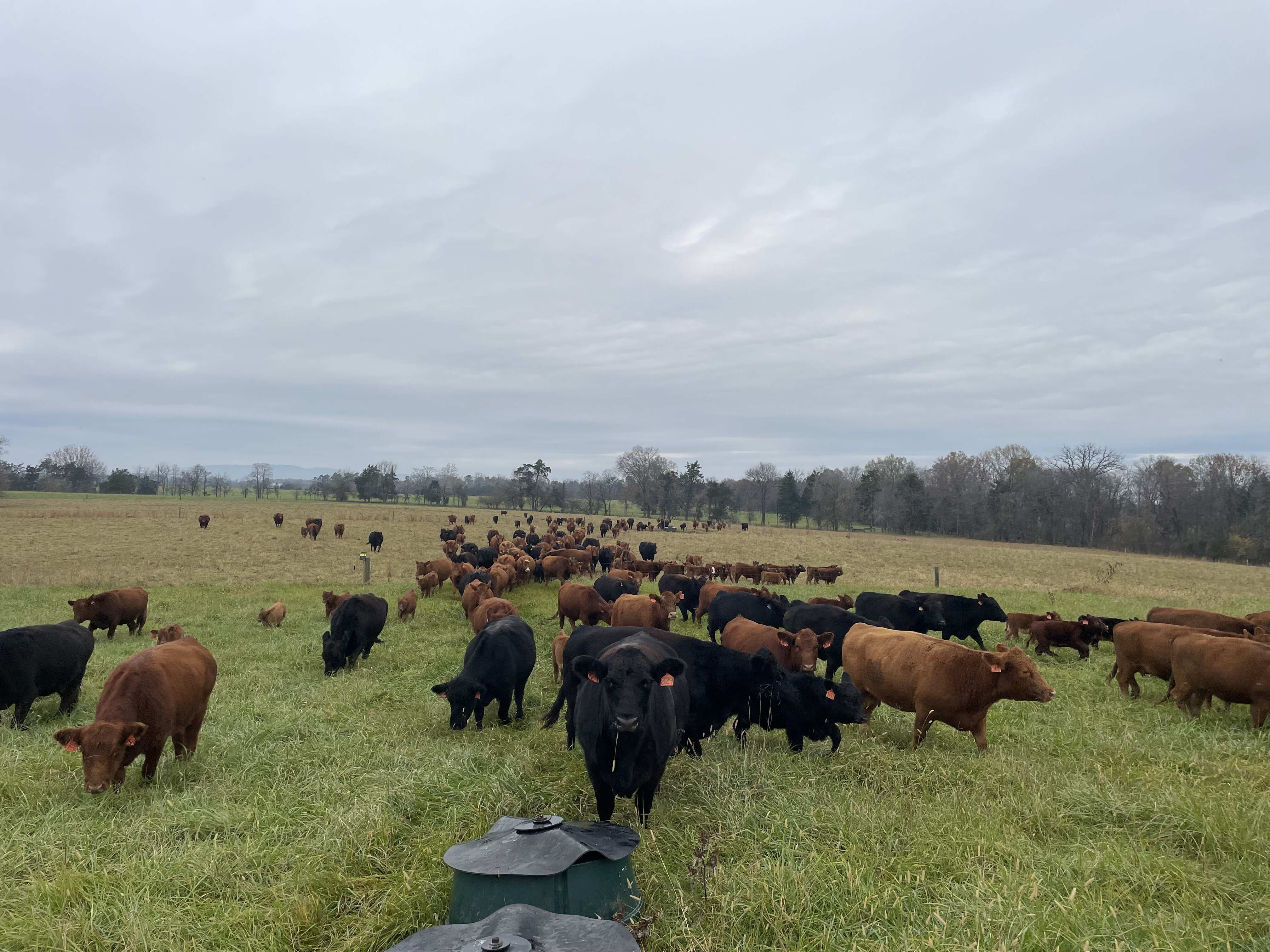A Thought on Grounding
posted on
January 29, 2024
Who here is aware of "grounding" and "earthing"? I find it funny we have a label for something as simple as walking around barefoot. There are communities of people all over the world that are intentionally practicing this. I will spare you the lengthy claims and benefits of grounding, though for those interested I would start here.
In short, every living thing has a frequency, current, and energy that when connected completes a circuit. There are several theories that support that when stagnation or blockages occur in the body, illness can occur. In the modern world we are almost entirely insulated. We wear thick soled shoes, we sleep on elevated beds in our conditioned and insulated homes, we even drink bottled water that is purchased off a shelf. When we stop to really think about it, wow, we are really odd creatures!
I find comfort in knowing that the animals on Rucker Farm live their whole lives on healthy pasture, literal hooves in living soil. Of course, concrete can transfer energy, but what if there is more to this then we are giving credit. What if this grounding affects temperament, bodily function, or even instincts?
In highschool I remember being taught about logical fallacies, one that comes to mind on this topic is the Complexity Bias. The idea that people often overlook simple solutions for more complex ones. “It can’t possibly be this simple” being the reason why we wouldn't even try. Could walking barefoot or exposing your skin to sunshine for 15 minutes a day truly be a cure-all? My answer is an excited, “Heck yes, maybe!” Sure modern medicine may call any benefits a placebo effect, but don’t focus on that, if there are benefits to these practices let’s give them a try, they cost nothing!
Garrett is currently riding the wave of the cold plunge craze. Each morning before the sun comes up from the comfort of our warm bed, I awake to the peaceful noise of Garrett breaking the ice in his trusty and loyal IVC tote. Yes, I think this is madness, but I know it comes from my own insecurity of not thinking I have the mental strength to face the cold…yet. But here it is again, something so simple, so accessible, and has stood the test of time towards bettering people's health. (Winter Swimming is a book all on this topic.) At the end of the day, it has given Garrett so much joy, he feels GOOD, and it is now something he is very passionate about!
So how does all this pertain to farming? I think this is a Regenerative approach to our health. We are allowed to keep healing simple. We can use what we have available. We do not need to outsource and get the latest thing that is working for someone else in a different part of the world. What we need to focus on what feels good for our bodies (our land). Trust the process in knowing that positive change takes time and discipline. What is your intention? If you are looking for a quick fix, almost every time, you will be left disappointed in the long term. But if you want a relationship with your body (with the land) it requires an ongoing conversation and curiosity...and a lot less judgment!



